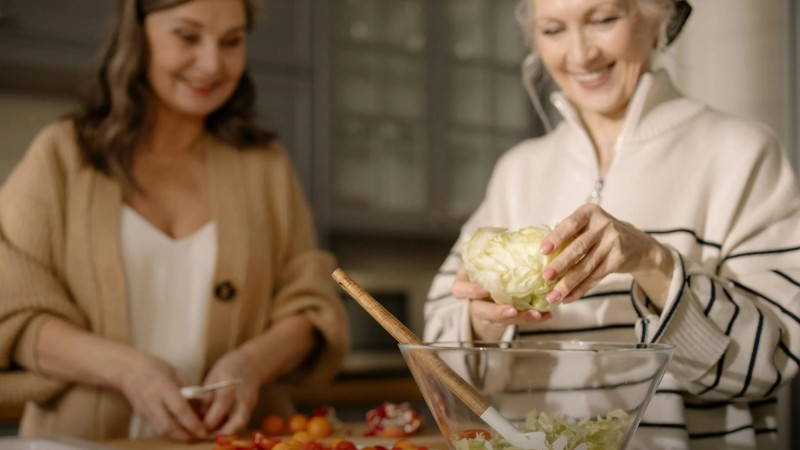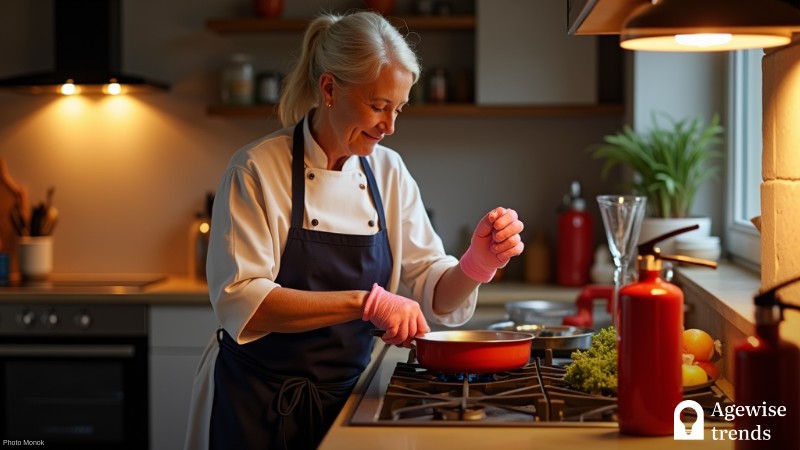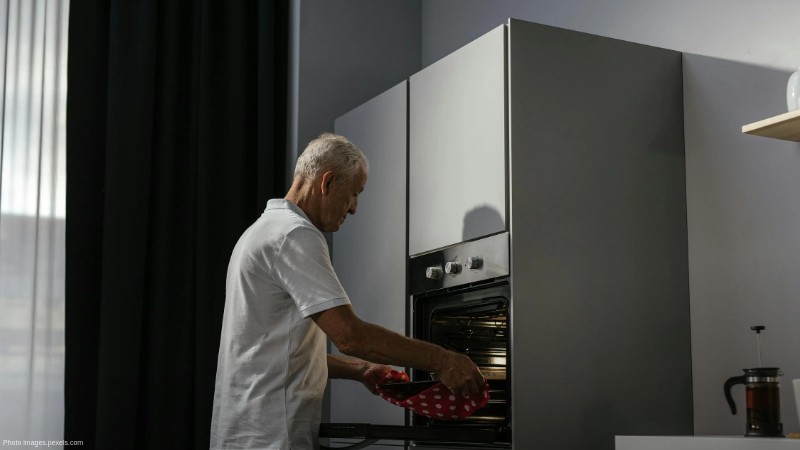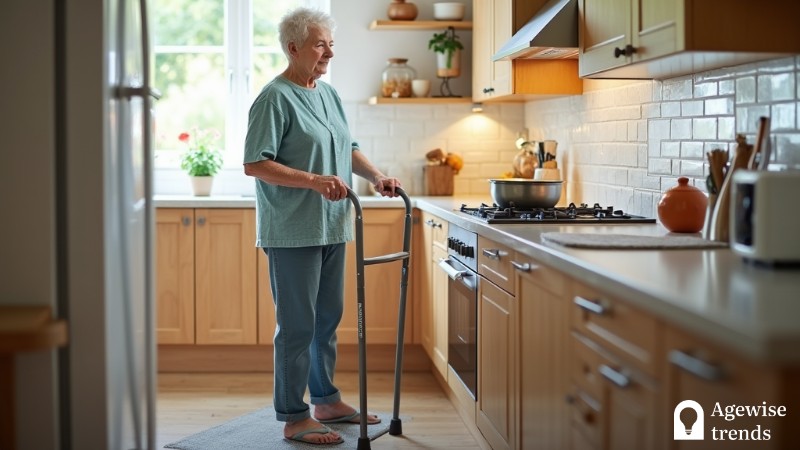For many seniors, the kitchen is more than just a space to prepare meals; it’s a symbol of independence, routine, and cherished memories. For those living with dementia, however, the kitchen can also be a source of significant risk, with everyday tasks presenting unforeseen challenges.
While the journey with dementia may require adapting to new ways of living, promoting kitchen safety can play a pivotal role in helping seniors maintain their independence for as long as possible.
Key Takeaways
Kitchen safety is crucial for seniors with dementia as it helps them maintain independence and prevent accidents.
- Dementia can affect memory, judgment, and spatial awareness in the kitchen, making everyday tasks challenging.
- Simple adjustments such as organizing utensils, labeling drawers, and limiting access to hazardous items can create a safer and more accessible space for seniors with dementia.
- Caregivers and family members should strike a balance between safety and autonomy by involving seniors in manageable tasks and encouraging participation while offering discreet assistance.
The hidden dangers lurking in the heart of the home
Dementia often affects memory, judgment, and spatial awareness, making once-familiar environments like the kitchen a potential minefield. Forgotten pots left on the stove, misused appliances, or even difficulty distinguishing between hot and cold surfaces can lead to accidents.
However, these risks do not mean seniors must immediately relinquish their ability to cook or engage in the kitchen entirely. Instead, addressing these challenges with proactive safety measures can create an environment that fosters both security and autonomy.
Independence in the kitchen isn’t just about cooking; it’s tied to a sense of control and identity. Simple tasks, like making a cup of tea or preparing a favorite recipe, reinforce a senior’s sense of purpose and routine.
These small actions can have an outsized impact on their emotional well-being. By making the kitchen a safer and more accessible space, caregivers and family members can help seniors retain this vital connection to their daily lives, even as dementia progresses.
A safer kitchen starts with simple adjustments
Creating a dementia-friendly kitchen begins with understanding the unique needs of the individual. Each person’s journey with dementia is different, so safety measures should align with their abilities and preferences.
Simplification is often key. For example, reducing visual clutter by organizing utensils and cookware can help seniors locate items more easily. Clearly labeling drawers, cabinets, and containers can also minimize confusion and frustration, while making the space feel familiar and manageable.
Limiting access to potentially dangerous items, such as sharp knives or cleaning chemicals, is another crucial step. Lockable cabinets or storage solutions can ensure that these hazards are out of reach without making the kitchen feel restrictive. Appliances can also be modified for safety—electric stoves with automatic shut-off features, induction cooktops, or motion-activated lights can reduce the likelihood of accidents.
For seniors who may experience disorientation or memory lapses, incorporating reminders into the kitchen routine can be incredibly helpful. Simple tools, like a timer or a dry-erase board listing daily tasks, can keep seniors on track while reducing anxiety.
Striking balance between help and freedom
Caregivers and family members often face the delicate challenge of balancing safety with autonomy. While the natural instinct may be to take over tasks entirely to minimize risk, doing so can unintentionally diminish a senior’s sense of independence and self-worth. Instead, a supportive approach that encourages participation while offering discreet assistance can make all the difference.
For example, rather than preparing a meal entirely on their behalf, caregivers can involve seniors in manageable tasks like washing vegetables, stirring ingredients, or setting the table. These small actions allow seniors to remain active participants in their daily routines while minimizing exposure to more complex or hazardous tasks.
Open communication is equally important. Involving seniors in decisions about kitchen adaptations can make them feel respected and valued, rather than excluded. Discussing potential changes, explaining their purpose, and seeking their input fosters a sense of ownership over the space, making the transition smoother and less intrusive.
Technology can also play a valuable role in maintaining both safety and independence. Smart home devices, such as sensors that alert caregivers if the stove is left on or refrigerators with automatic temperature control, provide an added layer of security without undermining the senior’s autonomy.
Ultimately, safety measures should serve as tools to build confidence, not barriers that take away freedom. With the right balance of precaution and encouragement, the kitchen can continue to be a space where seniors with dementia thrive, nurturing both their independence and their sense of identity.















